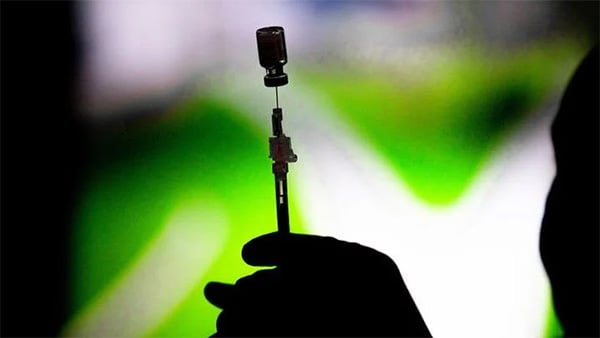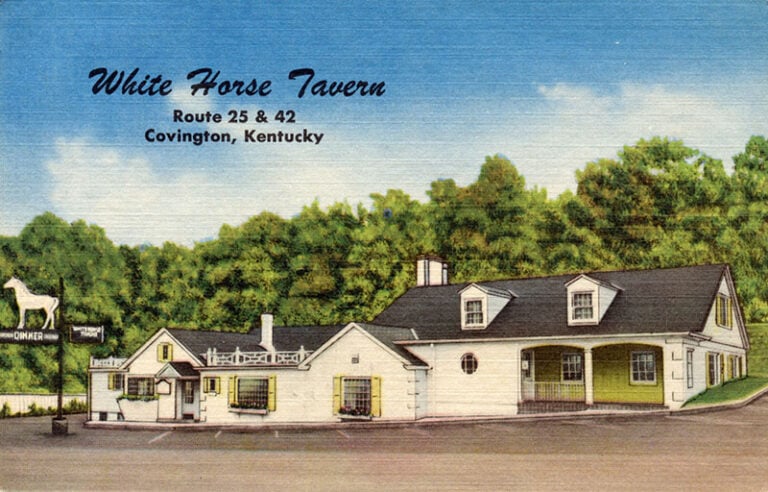By Tom Latek
Kentucky Today
Kentucky’s hepatitis A outbreak is described by health officials as the worst in the nation, but there is evidence that it may be subsiding.
The latest statewide figures from the Kentucky Department for Public Health indicated 1,084 cases reported in 65 counties, since August 2017, as of July 7, resulting in 628 cases and eight deaths.
Jefferson County, Kentucky’s most populous county, reported 540 cases with four deaths, for the period ending July 17.
New hepatitis cases per day in Jefferson County have dropped in recent months, according to local health officials, from 4.1 in April to 1.67 in July. However, officials are still cautious.
“While there is evidence that new cases may be trending downward in Louisville,” said Dr. Sarah Moyer, director of the Louisville Metro Department of Public Health and Wellness. “This no time to get complacent. Anyone can get hepatitis A during this outbreak. It is being spread through person-to-person contact. The best ways to protect yourself and others are to get vaccinated and wash your hands often with soap and warm water.”
The eight other states that have reported outbreaks are Indiana, California, Missouri, Tennessee, Arkansas, Utah and West Virginia, according to the Center for Disease Control.

The virus was first detected in Louisville last fall and mostly impacts drug users and adults who are homeless or people who work with them. However, about 10 percent of cases do not fall into either of those group.
Moyer stressed the virus in this outbreak is being passed person-to-person. There has been no evidence that it is being spread by food or drink as was the case during the hepatitis A outbreak that struck Louisville in 1988.
Kentucky’s current outbreak already has taken four times more victims than the 1988 epidemic when only one died.
Both local and state health professionals have urged that people in outbreak counties receive the hepatitis A vaccine and in Jefferson County, it appears residents are heeding that advice.
Over 78,000 hepatitis A immunizations have been given in Jefferson County during the current outbreak, more than 16,000 by the Department of Public Health and Wellness alone. Massive immunization and outreach efforts among the homeless in shelters, camps and at health facilities that serve the homeless in the early stages of the outbreak, has limited the spread of hepatitis A among that population.
“I can’t overemphasize the importance of protecting yourself and others from hepatitis A by getting vaccinated,” said Moyer said. “This vaccine is very well-tolerated. Most insurance plans cover the cost and there are ways those who are uninsured can get immunized for little to no cost. The outbreak will stop when most people living in Louisville are protected through vaccination.”
While Jefferson County has had about half of the hepatitis cases in Kentucky, the infection rate based on population ranks them sixth.
Here are the rankings based on the number incidents per 100,000 residents of the top 10 counties:
-Carter: 313.1
-Boyd: 279.3
-Greenup: 129.5
-Montgomery: 107.4
-Ballard: 74.6
-Jefferson: 68.1
-Elliott: 66.5
-Bullitt: 53.6
-Whitley: 49.7
-Rowan: 40.8
In addition to the hepatitis A outbreak, health officials in Fayette County are dealing with a mystery illness that has sickened more than 150 people and prompted the closing of the Fayette Mall food court while a third party deep cleans all the restaurants there.
The first indication of trouble was when the Chick-fil-A closed last Thursday after a large number of employees called in sick.
The Lexington-Fayette County Health Department says they believe this is not related to the hepatitis A outbreak, but are unsure what the actual cause of the illness is, other than saying they think it is related to a stomach bug because of the symptoms.
”These are folks who got sick relatively quickly after eating there,” Health Department Commissioner Dr. Kraig Humbaugh told local media.
New state health regulations that took effect this month require two doses of hepatitis A vaccine for all children ages 19 months to 18 years, who attend daycare, primary and secondary school, starting with the 2018-19 school year. Children 12 to 18 months of age will require one dose.
Most children younger than age 6 do not have symptoms when they have hepatitis A.

















